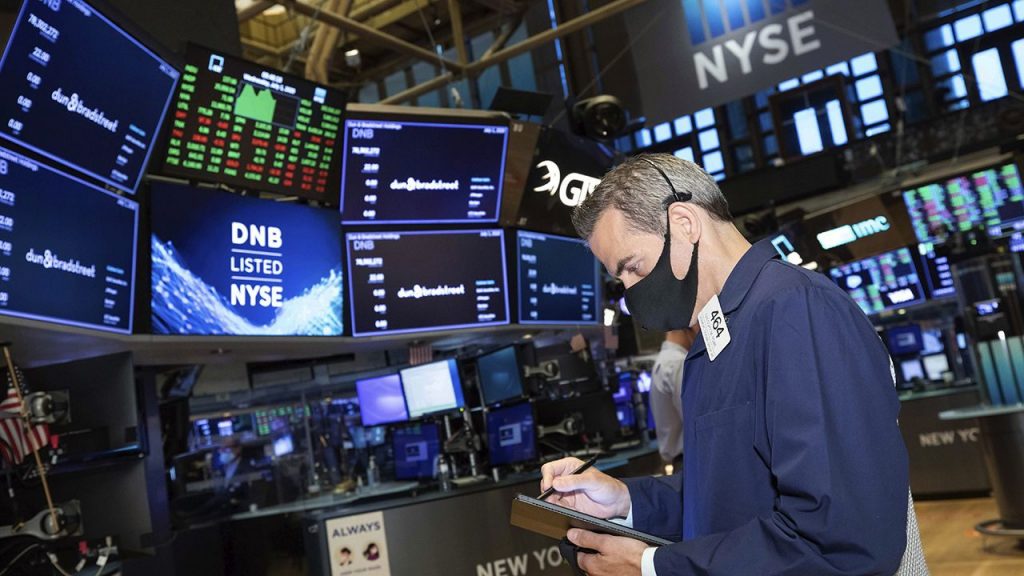
A barge displays the words ‘Celebrate national security law’ on Victoria Harbour on July 1, 2020 in Hong Kong.
Anthony Kwan | Getty Images
A large majority of American companies in Hong Kong said they were concerned about the new national security law passed by China last month, according to a poll — but over 64% said their companies have no plans to leave the city.
The survey — conducted by the American Chamber of Commerce in Hong Kong between July 6 and July 9 — polled 183 respondents, which represent 15% of its membership, on China’s new national security law and what it means for businesses.
Beijing says new law is aimed at prohibiting secession, subversion of state power, terrorism activities and foreign interference. But critics say it undermines the autonomy promised to Hong Kong for 50 years after it was handed over to China from the U.K. in 1997.
Survey results showed that of the 76% who expressed concern about the new security law, about 41% were “extremely concerned,” while 36.6% was “somewhat concerned.”
Over half of the respondents said they felt “less safe” living and working in the city, while 26% said they felt safer, according to the Amcham survey. Despite that, 48% said they personally had no plans to leave.
CNBC reached out to the Hong Kong and Macao Affairs Office of the State Council for comment and did not immediately hear back.
It’s the ambiguity that is making people worried, so they are worried about the rule of law, and whether that will actually continue to exist the way it has under one country, two systems.
Tara Joseph
president, American Chamber of Commerce in Hong Kong
Tara Joseph, president of the American Chamber of Commerce in Hong Kong, told CNBC on Monday: “There is a small minority who feel much better because the streets … are quieter, and they feel they are safer there. But the majority … were concerned, or extremely concerned about the national security law.”
“So what it’s showing us is that the new normal in Hong Kong is not so normal, and there are a lot of question marks out there as far as businesses are concerned,” she added.
The introduction of the law sparked concerns among some about the impact of Hong Kong’s status as a global financial hub. Washington said it will revoke Hong Kong’s special trading status with the U.S.
Last week, a Bloomberg report surfaced, which said U.S. officials in the Trump administration were looking for ways to undermine the Hong Kong dollar’s peg to the greenback.
Despite those fears, however, more than 64% of the respondents indicated their companies have no plans to move out of Hong Kong.
They cited that there was potential in China and the Greater Bay area, an economically prosperous region comprising nine Chinese cities in Guangdong province and two special administrative territories — Hong Kong and Macao.
However, the respondents were generally downcast about the overall business prospects in Hong Kong, saying that the city’s image has taken a hit as a result of the security law.
Around 42% said they were “pessimistic,” and around 25% said they were negative in the short run, but optimistic longer-term.
“Nobody wants to leave, but there are some question marks now that are arising now as a result of the national security law. And what makes people most uncomfortable as the survey is telling us is: they really want to hear some answers,” Josephs said.
“It’s the ambiguity that is making people worried, so they are worried about the rule of law, and whether that will actually continue to exist the way it has under one country, two systems. They are worried very much as well… about this idea of foreign interference, and where does that leave the U.S. community,” she added.

